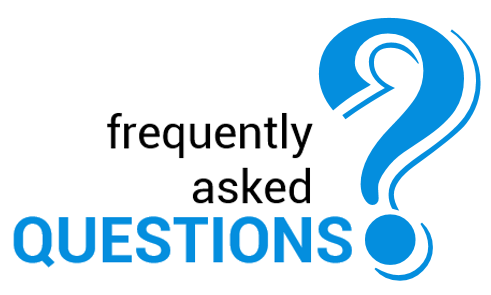How proposals are assessed and the selection process
How are proposals assessed and what is the selection process?
Project proposals are subject to a highly rigorous and competitive selection process, quality vetting, due diligence and lessons learned from previous Rounds. A team of international assessors score each proposal against 10 set criteria and produce a long list. The criteria are:
1. The project promotes the objectives of UNDEF
2. The project draws on the United Nations’ comparative advantage
3. The project will have a significant impact
4. The project will encourage inclusion of marginalized and vulnerable groups
5. The project will enhance gender equality
6. The project has strong prospects for successful implementation
7. The applicant organization has a strong track record
8. The project is technically sound in conception and presentation
9. The project represents good value for money
10. The project has strong prospects of sustainability beyond the project duration.
To narrow down the list further, UN Resident Coordinators and Experts of the UNDEF Advisory Board are invited to provide comments, quality vetting, and views on how proposed activities would fit in the overall context of existing UN work in the countries and fields proposed. The same comments are sought from the UNDEF Programme Consultative Group, making use of the specific expertise of each of its entities: The Department of Political Affairs, the Department of Peacekeeping Operations, the Office of the High Commissioner for Human Rights, the Peacebuilding Support Office, the UN Development Programme, the UN Office on Drugs and Crime and UN Women. Based on this collective input, the UNDEF Secretariat produces a first short-list, which requires discussion and approval by the UNDEF Advisory Board and ultimately the UN Secretary-General. Finally, UNDEF is required to inform the Government of the country where the shortlisted proposal will implement, and if requested, UNDEF will share an entire proposal with the concerned Government.
After this, the project proposal moves into the final stage in the selection process: the invitation to short-listed applicant organization to submit to UNDEF a full draft project document, which is in effect a contract to be negotiated between UNDEF and the grantee. This negotiation requires the applicant organization to provide a more elaborated project design and budget review, and involves detailed input from both UNDEF and the applicant, as well as scrutiny and due diligence enquiries by UNDEF. UNDEF provides guidance throughout the process so provided the applicant organization is thorough, responsive and collaborative, the process usually works out. On successful conclusion of the project document negotiation -- typically not before September and often later -- the project proposal is formally approved for funds disbursement.
Because of the large number of applicants, only those who advance to the short list can be contacted by UNDEF.
Who decides what projects will be funded?
Final decisions on funding are taken by the Secretary-General on the basis of recommendations from the Advisory Board. The Board has 19 members, composed of Member States, representatives appointed by the Secretary General including representatives from civil society and the Executive Director of the UN Office for Partnerships. UNDEF advises the Permanent Missions of the countries of the projects recommended by the Advisory Board.
How can I find out about the status of my proposal?
Around June/July, short-listed applicants will be notified at the electronic address indicated in their proposal, unless otherwise advised on the UNDEF website. Short-listed applicants will be invited to draft a project document for negotiation with UNDEF. This is the final stage of the selection process, as only those who successfully negotiate a project document will be selected.
Note to applicants: It is only the notification of inclusion in the final short list that takes place in August/ September. Only those who reach the short-list stage will be contacted. UNDEF does not have the capacity to respond to individual queries.


